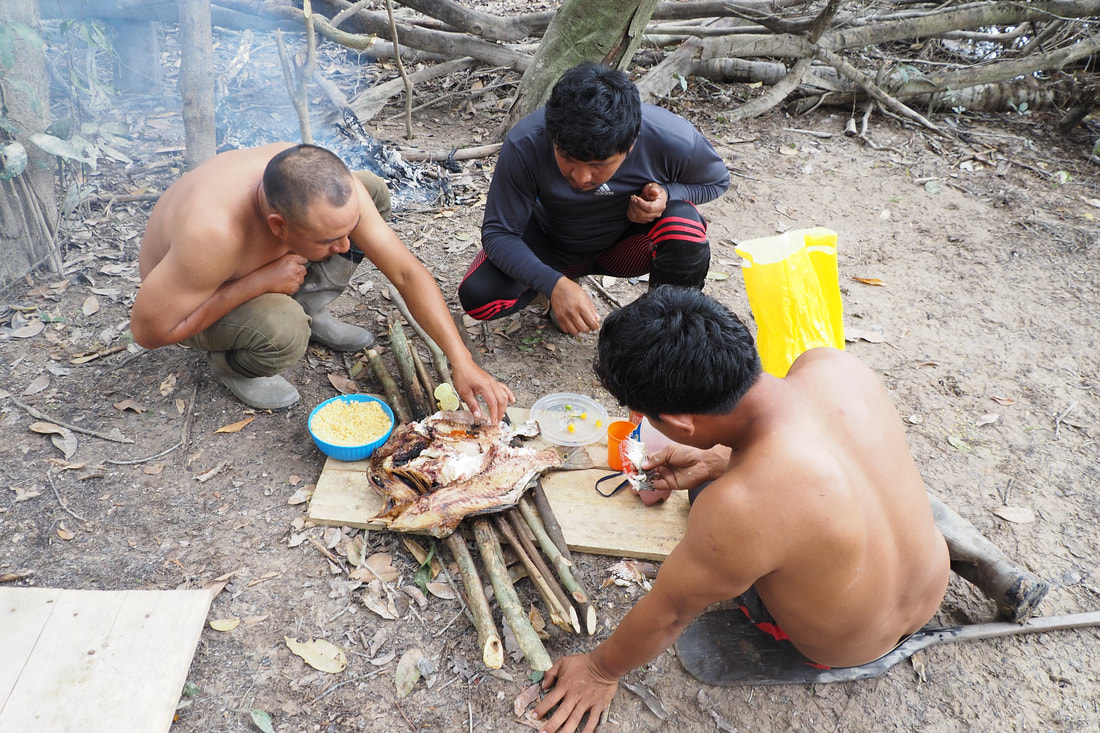 ADVENTURES IN KINDNESS Onhari! Onhari! the cry rises across the village, and gains momentum as one by one each person takes up the call as they hear it. There is a charge of excitement in the air; a returning hunting party has been unusually successful and it is time to celebrate. Quickly, the focus of the community turns to the umama yana, the large conical thatched building that is the communal meeting place and the heart of the village; steadily the people of Masekenari assemble in it over the next few hours as a feed up for all is prepared. Onhari! or ‘come to eat!’ is central to Wai Wai culture and I have come to spend a month in the most remote village in Guyana to understand this idea more deeply. The population of Maskenari is 310 and these are the only people living in the 650,000 hectares of primary rainforest that represents the Konashen Protected Area. It took one week to reach the village which lies in the south eastern extent of the Amazon. The journey encompassed a light plane flight, 180 kilometres by 4x4 vehicle and then 170 kilometre on the Kuyuwini and Essequibo rivers, during which, me and Shushu, my Wai Wai guide, lived in the forest, hunting and fishing on the way. For Wai Wai, sharing is essential to the success of the community. So, when a family kill a large animal such as a tapir, or more peccaries than they need, they do not hoard the meat but call onhari and prepare a feast to share with rest of the village. The toshao’s (chief’s) wife, Pinia explained to me, “it is hard to see deep into people’s hearts but when we share and eat together, we are better able to show what’s in our hearts and see what’s in the hearts of others.” For Wai Wai, sharing is as much a ritual of connection as it is a practical way to ensure resources are evenly distributed. To this end, the toshao, Paul Chekema, operates a one plate policy during meal times when he is away from Masekenari. To set an example, he asks everyone to eat from his plate in order to remind them that everything he has is there to be shared. Ideas of sharing and collaboration are threads of the idea of kindness that are woven into every part of Wai Wai life. Charakura expanded while sitting next to the fire in his hut, “kindness is most important as if you show it, there will be more good living for everyone. It is also most important to listen and when you do so, do so as if you know that it is a true story [as] the person will feel supported if they know that others believe them and are listening well.” The importance of making time to attend to others purposefully was reiterated by Maripa. “if you are kind, others will respect you. Being kind means many things, showing respect to others, having good manners and acting decently; it means finding the time to stop and talk and check in on each other.” It would be easy to dismiss such values of kindness, connection and sharing as being less relevant outside of this remote social group but that would be to ignore the Wai Wai’s lived experience. The achievements of the toshao and people of Masekenari are impressive. They were the first Amerindians in Guyana to successfully be awarded the rights to their lands and they were also the first Amerindians in the country to manage a legally recognised conservation area, which is the largest protected area in the country. To achieve this, the Wai Wai had to negotiate with the federal and state governments and the toshao still regularly meets with ministers and even the president on occasion. In short, offering kindness and building felt and empathic connections has led to incredible strategic success, which in turn has secured an autonomous sustainable future for this distinct ethnic group. To quote John Amaechi, “Accountability does not die with warmth.” I have made it a personal mission to reclaim the word kindness, as like the Wai Wai, I believe it is central to the success of any group. Kindness leads to the environment of safety we need to connect with truth and that promotes trust, which is the all-important glue that binds people meaningfully together. As I write this, I find myself reflecting on working with the horses of Suddene Park farm, who create the opportunity to explore felt connection, compassion and attendance across our relationships, including our relationship with ourselves. I can’t think of a more powerful example of onhari than the sharing of the experiences and lessons we find in our interactions with these wonderful horses. I like to think the Wai Wai would recognise the eh-tuashoté (Wai Wai for kindness) in these relationships and feel the graceful joy at the heart of our two and four-legged herd. Justin Featherstone MC FRGS FRAI Photos left to right:
Kaiway is 91 and the last man in Masekenari to undergo the traditional rituals from boy to manhood Giant river otters Three toed sloth Top of page: Shushu, Kwang and Stephen sharing a peacock bass on the banks of the Essequibo.
0 Comments
Reconnecting with the essential self - a personal path to healing ‘I’d like to work with Ruby’, Cathleen said, as she approached the herd who were munching on hay around the small stone barn. But Ruby had other ideas and sidled away from the woman, disappearing into the barn and taking up position behind the herd leader, Winston, who was toasting himself in the autumn sunshine.
This perceived rejection brought up difficult feelings, tears came and overwhelm threatened. I guided Cathleen out of the herd’s immediate space, asked her to close her eyes and began a short meditation, inviting the release of the self-judgements which the situation had triggered. Meanwhile Millie, the youngest of the herd, was observing events as they unfolded with what I might describe as mild curiosity. Suddenly her ears shot forwards like two arrow-points, and she bounded into a trot covering the ground between her and Cathleen in a couple of seconds. Enough time for the woman to open her eyes and exclaim a delighted ‘Oh!’ Millie is a pearl-white Connemara pony with a scintillating, vibrant energy. She is rarely still and if I was to liken her personality to a human trait I might say ‘guileless’. She will rush headlong into contact with others (both horse and human) without worrying about the consequences. This particular quality often results in reprimands from the more senior members of the herd and she sometimes carries the scars to show for it. But now with Cathleen she had found a willing playmate. They moved about the paddock together lost in their game. When it finished Millie stood with her chin pressing down lightly on Cathleen’s shoulder, nuzzling and nibbling her head and her long hair. The woman was radiant. ‘This is wonderful’ she beamed, ‘Millie has made me feel how I used to as a child - always curious and playful and lively, yet grounded as well. And trusting. How wonderful that used to be, to trust. I used to run at the world with arms open shouting ‘Hello World!’, unafraid of how I’d be received. Then it all stopped. I can’t remember when or how I ended up being this person who believes that I have to work so hard, that succeeding is so critical. I tell myself I do it to get things done, but really it’s about pleasing others and trying to make people like me. It’s about me feeling worthy, this way of life I have constructed.’ I let Cathleen’s words settle into the autumn silence as she gently stroked Millie’s neck. Then she turned to look at me ‘I miss that person, you know, that person I used to be. I didn’t realise how much I miss her!’ And it was as if, as she uttered this phrase, she claimed that person back, that part of herself which had been lost. In the days that followed Cathleen’s words echoed in my mind…. ‘I miss that person!’ Slowly it dawned on me that there were parts of ME I had greatly been missing. A year before I had experienced a difficult bereavement. My younger brother took his life at 58 years old. Cathleen’s words helped me to see just how much of myself had died too in the painful complexity of this event. I realised that perhaps now I was missing myself as much as I was missing my brother. I’d been missing the ‘me’ who dances in the kitchen just because she feels good. Who feels buoyant for no reason, rain or shine, who laughs unguardedly and wears a smile for no-one but herself. Who wakes each morning saying ‘I am glad to be alive today’ and not ‘Why didn’t I see it coming?’ I’m missing the me who writes with joy, who cooks delicious things for pleasure, who has energy for life and soul. I’m missing the me who likes to play, with a lightness of energy, a sense of mischief. Could this be the beginning of my healing? Of reintegrating the parts which were splintered and smashed in the emotional carnage of the suicide? We can’t shed grief, just like that, because we are tired of it. But we can create small opportunities for the overshadowed parts of ourselves to step into the sunlight and sing again. Understanding this is enough to invite gentle transformation. I can choose to nurture my essential self in small ways, investing as much in honouring this as much as I invest in honouring the lost life of my brother. Through the confusion and doubt and regret and the most profound sadness I can learn to be truly kind to myself, accepting that I am imperfect and the best that I can be. So should you pass my house early in the morning before the day dawns, you might now see a crazy figure bopping around the kitchen table, usually to 70s and 80s disco funk music. I don’t always feel like it, but somehow once my body starts to move my spirit finds a way of following. You might see me sat in my hay barn with a warm drink, smiling as I look up at the Little Owl which has nested wisely in the eaves and who likes to peer down on me while I work. Or you’ll notice me out in the meadow amongst the horses, allowing myself to dwell in the soothing embrace of nature. And if I am not there you’ll find me sat at my beautiful desk, designed and made for me by the gifted hands of my brother, bringing words together once more onto the page in a blanket of healing love. Photo of Millie courtesy of Brendan Gosling Gage It could have been a coincidence, the stillness in the sky, the way the clouds seemed to stop travelling in defiance of the breeze, the two red kites circling symmetrically above, and the entrance of the group of four men and women into the field where the two horses grazed. Or perhaps it was the resonance of the human and horse hearts as they pulsed together in rhythm which flowed outward into the verdant valley, orchestrating the beauty and stillness of the scene.
They travelled on their two legs, lightly across the grass, connecting one by one with their four legged partners, Ted and Brock, bulky, towering horses with the softest of souls. Gentle invitations were made to join together. No need for greedy contact, possession, control or dominance. Linking via hands here and a cotton rope there, together and then apart, sometimes sitting low on the ground or high on a block, whether walking alongside horse, alongside human or all alone it mattered not. For the moving scene before us flowed and ebbed like soothing waves lapping on a clean, smooth shore. Brock and Ted, their hugest of hearts, their desire to belong to this temporary herd, their acceptance, presence, power and spirit palpable. We all bathed, witness and participant equally, in the healing essence of what it is to be horse, what it is to be human, and what it is to be purely happy to our core, in the most infinite of moments. Such can be the quality of pure connection. When we understand that we are not ‘separate to’ but ‘part of’ and when we are able to embrace the vulnerability which this implies. When shared purpose isn’t about goals and objectives but an exploration and celebration of humanity and what it feels like to be part of a herd (human and horse) where trust is the oxygen. When our bodies understand what our minds know to be true, that presence is a foundation to self awareness and meaningful relationship. This is when we begin to comprehend our interconnection with all who are, and all that is. This, now, is the work of leadership. This, now, is how we make a difference to our selves, each other, our teams, our families and the world around us. My gratitude to the Senior Leadership Team of Verevo CCN for permission to share the above description of just one of the transformational scenes which played out during their recent development experience with Equest. Photographs courtesy of Justin Featherstone and Verevo CCN. 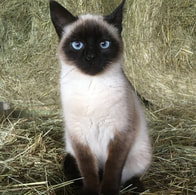 On the eve of Solstice 2020 my menagerie, which until then comprised three horses and two terriers, grew to include a Siamese kitten. Through a small miracle I saw this little ball of cream and black fluff at the forest edge when driving past at dusk. Whether abandoned or lost she was starving and recognised in me the one who would feed her. For the first two weeks, all she did was eat, sleep and ask to be held. Then she would curl in my arms and press her purring little body against me. Whether it was what she needed, or what she sensed I needed, I don’t know. But it was the most magical Christmas present I could have wished for. The distancing, separation and isolation which the current situation imposes is felt by most of us at a physical, emotional and spiritual level. Humans are creatures who like to touch and be touched. When someone first begins to discover horses the impulse to stroke, pat and be nuzzled by them is intense. But horses, like cats (as I am learning) don’t always want to be touched. They don’t need physical contact, or even nearness, in the same way as we do in order to feel validated or to cement their bond. For a horse, connection goes much deeper than skin and fur. It is something which is made heart to heart, soul to soul, spirit to spirit. Some of the deepest moments of contact which I experience with my herd are often characterised, in fact, by distance rather than proximity. When they look across the field at me, hold me in their soft gaze and something fundamental between us is understood. That we are far from each other is part of the wordless, touchless power of the exchange. I have taken learning and reassurance from this equine lesson as I settle into remote working. I don’t need to be in the same room as those I am coaching, or the same field, or even on the same continent. Like I do with the herd, and they with me, I can connect from afar. I can be present, contactful and bring meaning in spite of the miles. When you bring the contact of presence to your seat and your screen it is felt by those you face. They know that they matter. Presence, whether you are meeting in person or not, is at the core of relationship. Having a practise of presence as we navigate the new channels carved out by the health crisis also helps us to stay connected with ourselves, balancing the alienation of isolation. By being present to those who face you each day you can create a space in which both of you will feel restored. That does not mean, of course, that I don’t regret the temporary absence of my horses in my work. Unfortunately my office is not quite big enough to invite them in. However, I endeavour to bring the clarity, wisdom, grounding and calmness which they exude. And who knows, one day soon, when she is brave enough to leave the barn and enter the house, I and my clients may be joined instead by a small Siamese cat … Contactful coaching is available remotely from the Equest team on request. [email protected]. The Contact of Presence - an open workshop exploring the power of presence in face-to-face and remote leadership is scheduled for Thursday 24 September subject to prevailing travel restrictions. Pam’s second book The Spirit of the Horse, More Stories of Life, Love and Leadership will be published on March 16th by Blackbird Books. Available for pre-order from all good online retailers and from bookstores. December blog and end of year wishesThe year has been and very almost gone, with the bruise of Covid leaving a mark on our lives, its hue ever-changing but never quite disappearing completely. There have been black days, blue days and then days when just the faintest tinge showed. Many days too when the kindness of people and the magnificence of nature brought great happiness. Hopeful optimism, adaptability, perseverance and creativity have come to the fore, too. And perhaps now we appreciate much which, previously, we may have taken for granted.
A phrase which seems to have punctuated many of the conversations I’ve been involved in is ‘… something to look forward to…’ Whether at moments when someone is sharing the bleakness of losing social contact: ‘I feel as if I have nothing to look forward to …’ Or when mustering positivity for the future, a return to doing what we love doing: ‘…that will be something to look forward to … ’ This fluctuation between feeling emptiness and hopefulness, has been one of the emotional signatures for the year. What does this ‘something to look forward to’ mean to each of us? A rest? A reward? A goal? A holiday? A buzz of adrenaline? A change? Human contact? A family get-together? An achievement? It can be many things, varying for different people at different times. But whatever it is which we gladly anticipate, the implication is that it is better than what we are experiencing right now. And expecting it makes the ‘right now’ more palatable. The future desire brings us hope, strength, excitement, resilience, perseverance. Awareness of this reliance on looking forward to events made me reflect, too, on those in the world for whom existence is about survival and there is no place for pleasure. A deepening sense of gratitude has developed over the year for what I have, even without being able to enjoy, right now, many of the things I cherish: seeing my family including a new great-nephew, carrying out my usual work, even sitting at a local cafe with friends watching the world go by. The suspension of planning the many ‘somethings’ which, ordinarily, I would have been looking forward to has made room for a more profound savouring of the moment, a rootedness in the right now, an acceptance of changing priorities and a need for self care and the care of others. So, as we approach the holidays, whether you are able to enjoy what you usually might have done or not, I wish you peaceful, joyful moments in which you can immerse yourself, whatever the future might hold and however the year has affected you. May the New Year too bring a newness which refreshes and finds you restored. Pam Billinge Reflecting on this delicate process of ‘belonging’ within the herd, I was reminded how long it takes to build up real trust between two creatures or for that matter two people. That it grows organically with the seasons.
If you are doing a job which you used to love with a passion, but now leaves you uninspired and performing less well than you are used to, you might be feeling as if you have ‘lost your mojo.’
But where on earth do you start to turn things round? Working experientially with horses you are on the fast track to mindfulness without even knowing it.
What horses can teach us about bereavement and being who we are : THE herd's tribute to Ellie17/5/2017 Ellie was old and died of heart failure which is not unusual in itself. What was rare was that she did so when I was with her, just a few feet away. Thus I was able to share both her final moments and those immediately following...
The first member of the team stepped out into the paddock to meet the horses he and his colleagues would be working with for the next two days. He had bravely volunteered to be the first, in spite of feeling nervous and knowing nothing about horses. I walked with him as he approached the first of the horses who was quietly grazing nearby.
Over the Easter holiday a good friend of mine came to visit me with her 9 year old daughter. Molly has just started riding lessons and was keen to meet my two horses and two miniature Shetland ponies for the first time. It turned out to be a magical day and, surprisingly for me, one filled with important lessons for not only leadership but adulthood in general.
Knowing that you want to change something, or reach for your dream is one thing. Getting on and doing it is another. One of my most inspiring lessons which helped was the gift of a young equestrian paralympian called Lauren Barwick seven years ago.
The advice I hear most in relation to that thing most of us are cursed with is “Silence the Inner Critic!”. But our inner critics have been on board a long time and it is easier said than done.
|
NewsWelcome to our news page. This is where we keep all the interesting stuff as and when it happens. We hope you find it interesting, inspiring and informative.
Categories
All
latest eventsLoading... NEWS Archive
December 2023
|
LOCATION: Suddene Park Farm, Wolfhall Road, Burbage, Marlborough, Wiltshire
Registered address for correspondence only: Equest Limited, 126 High St, Marlborough SN8 1LZ, United Kingdom | Company registration number: 07713922
Registered address for correspondence only: Equest Limited, 126 High St, Marlborough SN8 1LZ, United Kingdom | Company registration number: 07713922
© 2014-2020 Equest Limited. All rights reserved | Photos by Emily Corcoran Photography | PRIVACY AND COOKIES POLICY | Website design by Bright Blue C

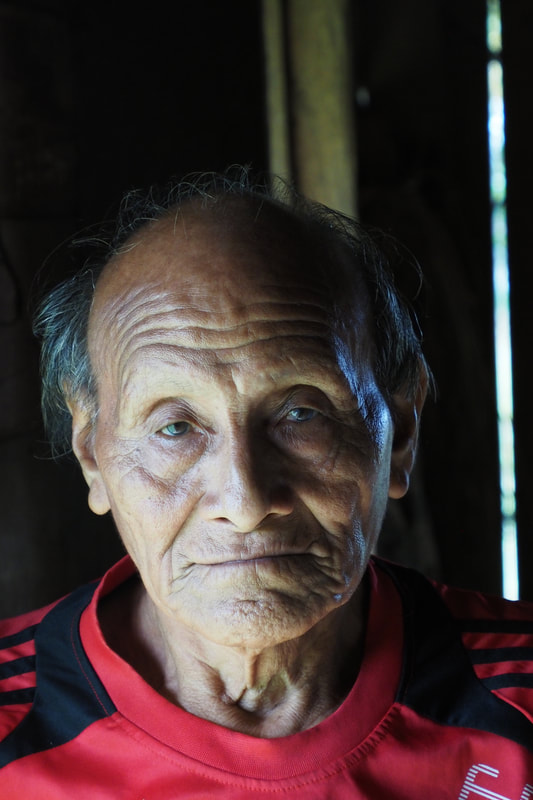
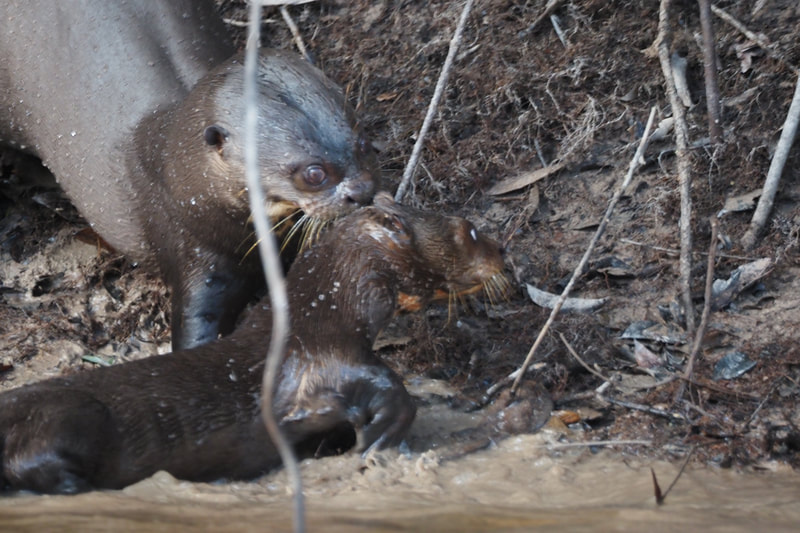
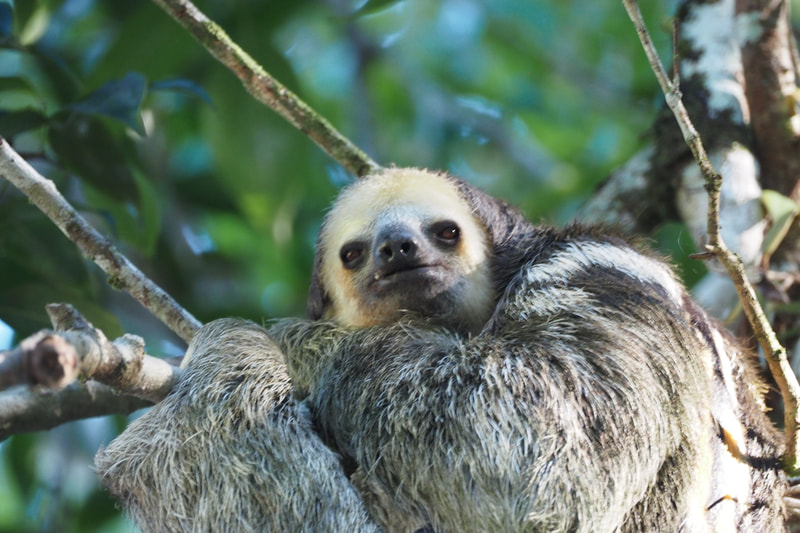
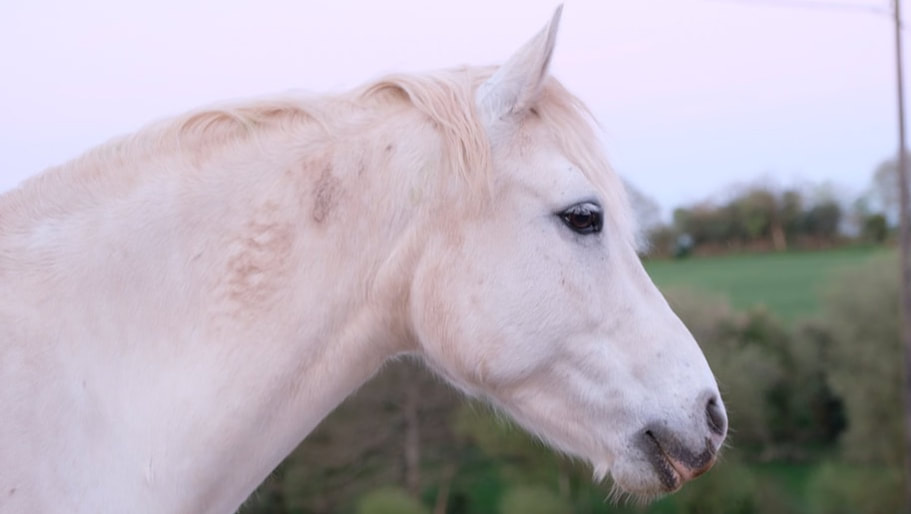
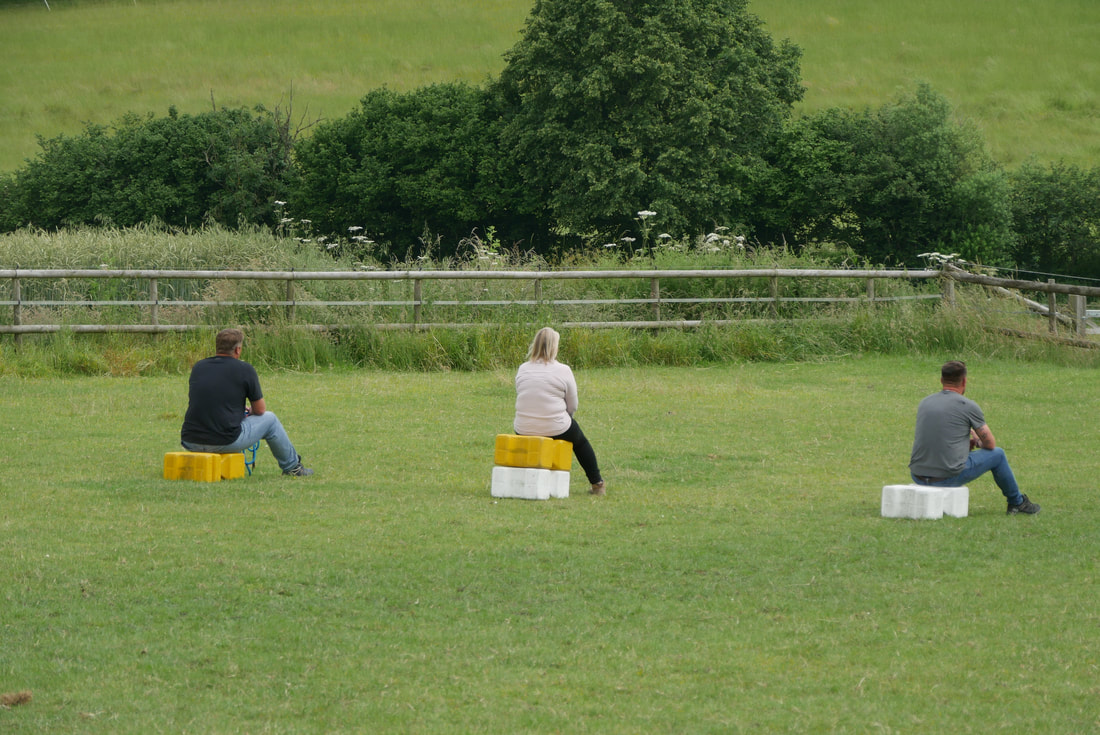
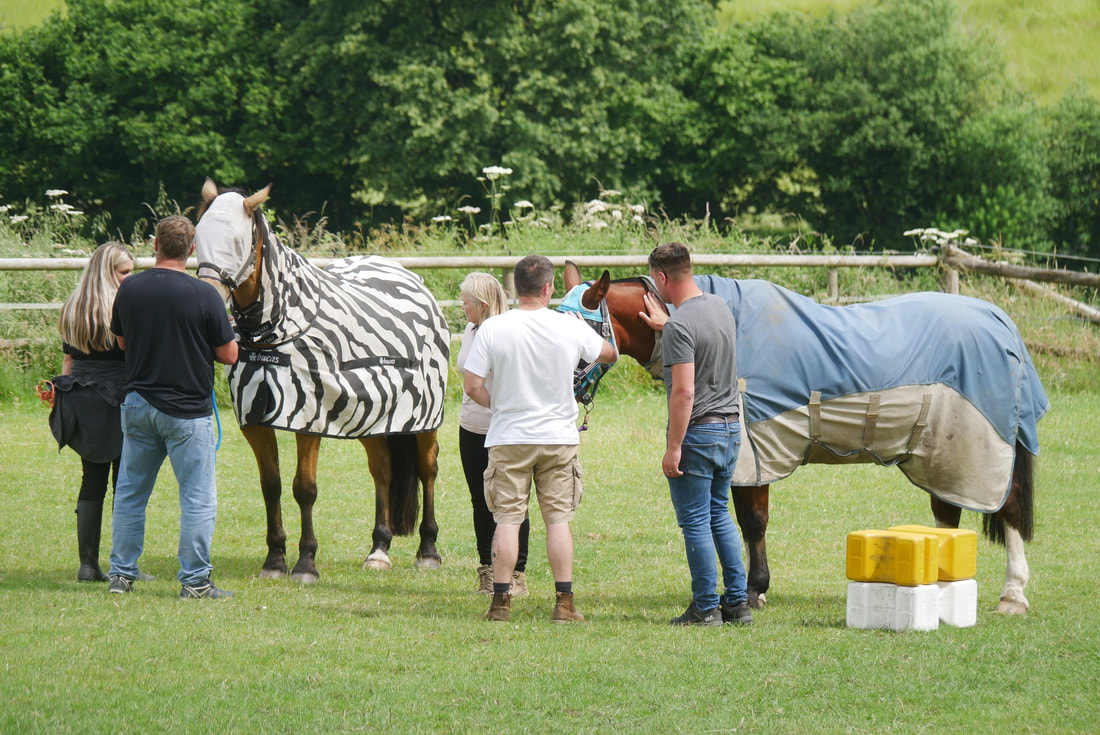
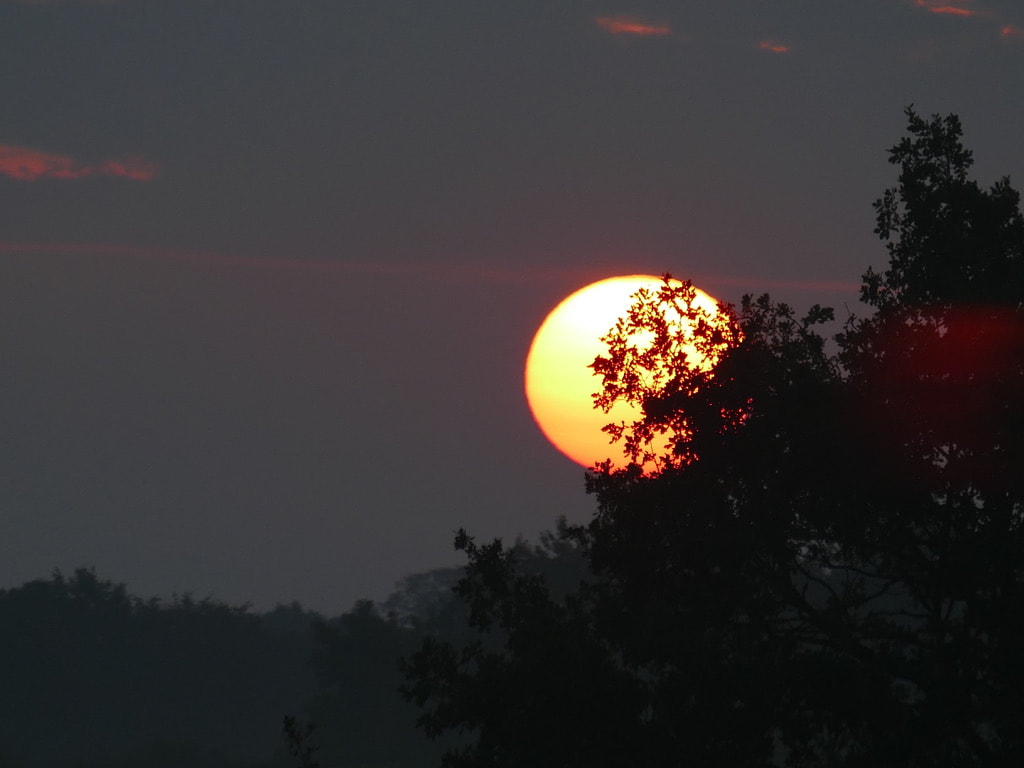
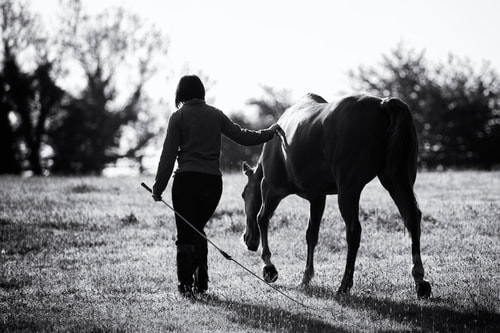
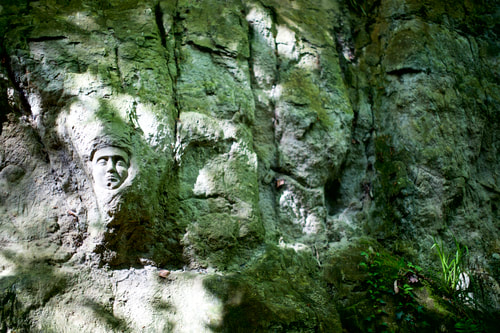
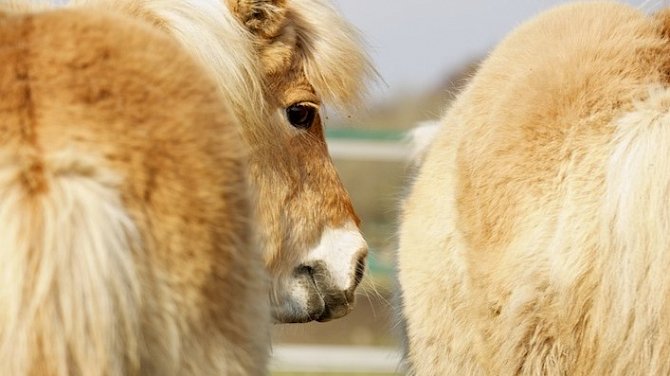
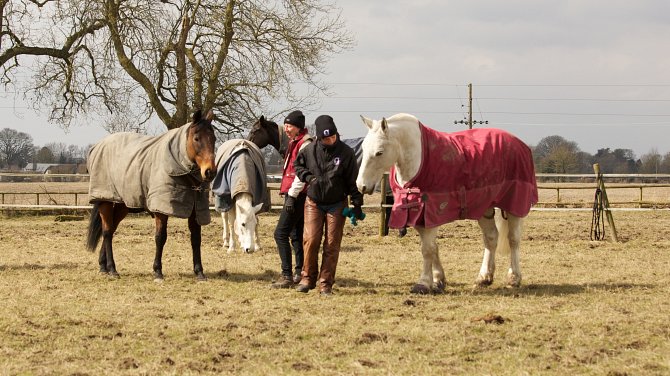
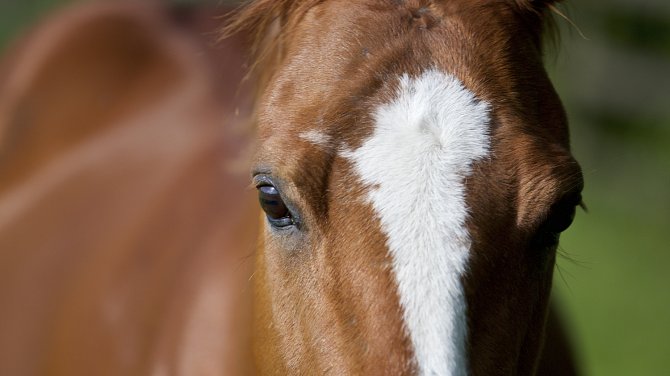
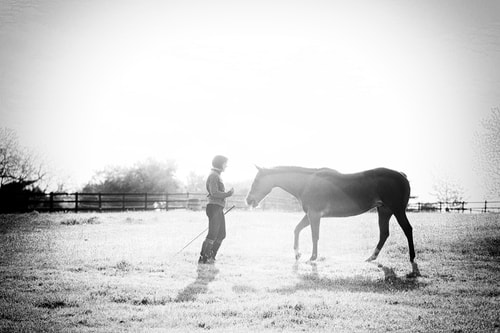
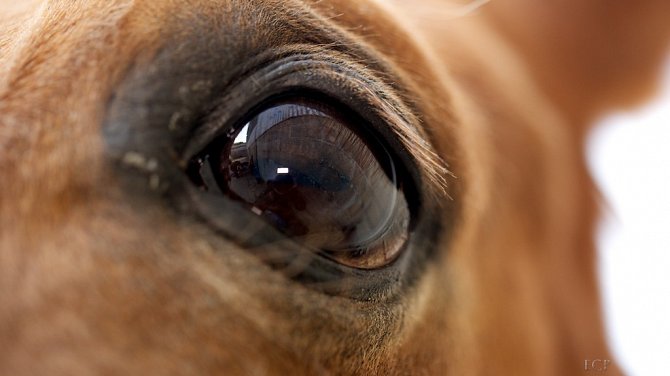
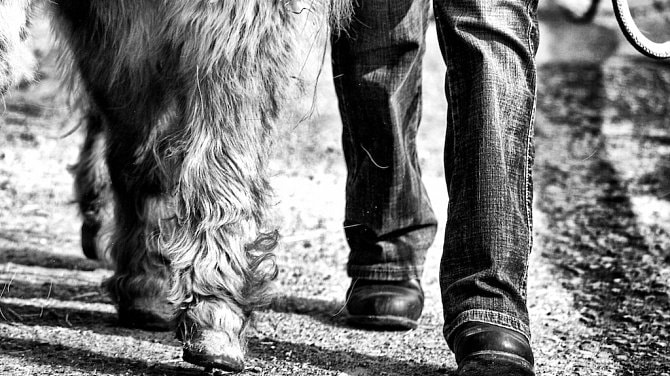
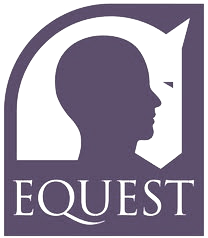
 RSS Feed
RSS Feed